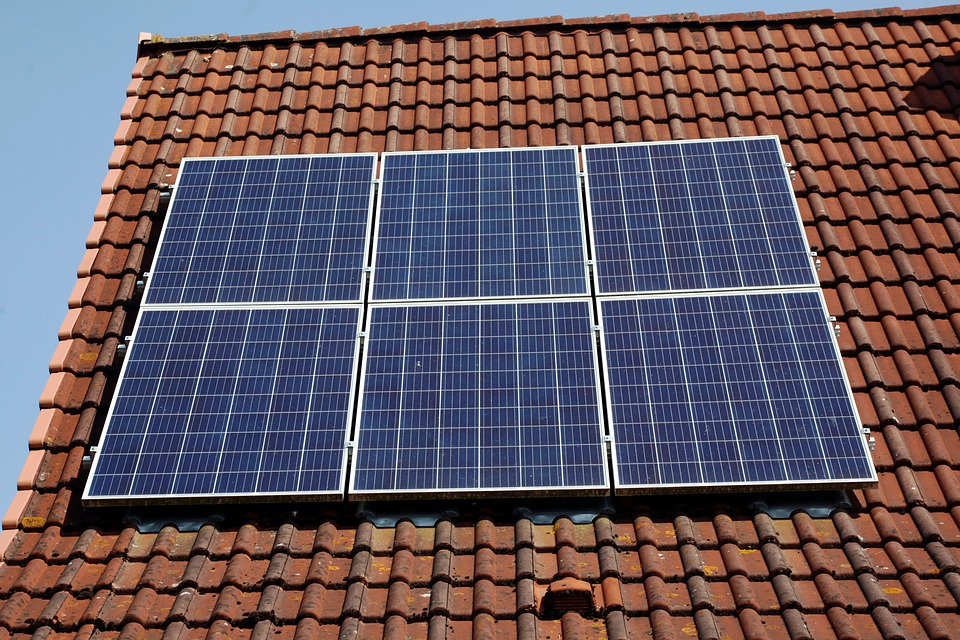
Solar panels are pivotal in harnessing solar energy, with their power output typically ranging from 250 to 400 watts, generating approximately 1.5 kilowatt-hours (kWh) of energy per day. Ideal for both residential and commercial applications, most homes achieve sufficient energy with a system capacity of six to eight kilowatts, usually encompassing about 20 panels.
Understanding Solar Panel Power Production
The power production of solar panels is measured in watts under Standard Test Conditions (STC), which include exposure to 1,000 watts per square meter of light energy, a solar cell temperature of 25°C, and a specific light spectrum that mimics sunlight. This setup helps establish the panel’s rated wattage and efficiency. For instance, a panel producing 220 watts per square meter at 22% efficiency signifies high performance. Leading manufacturers like SunPower and Canadian Solar have achieved efficiencies up to 22.8%, with many panels in the market offering over 20% efficiency.
Factors Affecting Solar Panel Performance
Solar panels perform best under direct sunlight for extended periods, with their productivity varying significantly by location due to differences in sun exposure. However, while more sunlight generally increases output, high ambient temperatures can decrease efficiency. This is due to the temperature coefficient of solar panels, which measures the reduction in power output with increasing temperature, typically around -0.3% to -0.5% per °C.
The Role of Inverters and Batteries
A complete solar panel system includes inverters and potentially batteries. Inverters play a crucial role by converting the DC power produced by panels into AC power usable in homes. Although these components are highly efficient, usually over 95%, they still contribute to some power loss within the system. Batteries, essential for off-grid setups and beneficial for energy storage in grid-tied systems, also factor into the overall efficiency of solar energy systems.
In conclusion, understanding the intricacies of solar panel performance, from the type of panels to the setup and local climate conditions, is vital. This knowledge helps maximize the efficiency and output of solar energy systems, making them a more effective and sustainable power solution for a wide range of applications.

